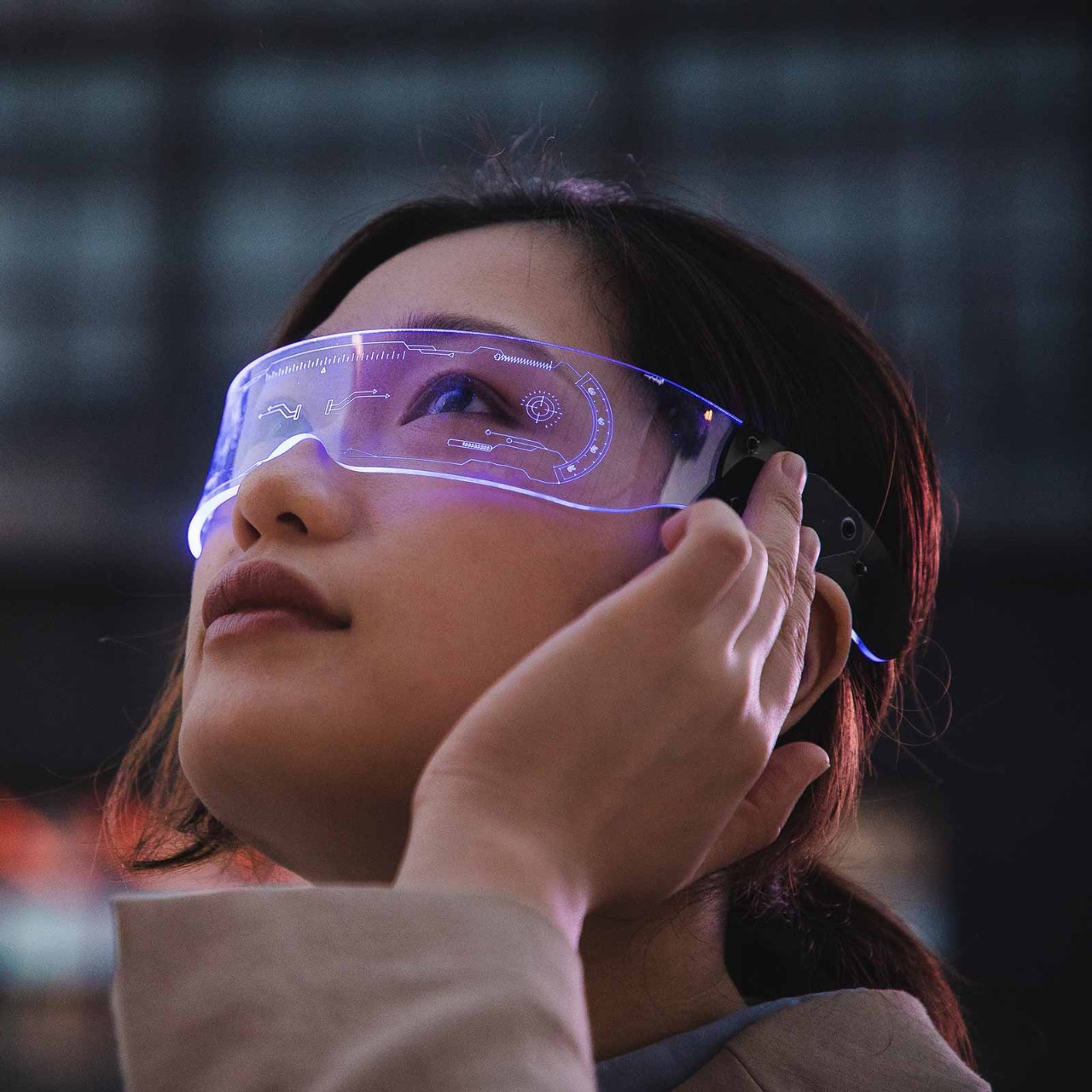
A growing movement among organisations to be seen to be making genuine efforts in addressing climate change issues is well under way, driven largely by pressure from regulators, investors and consumers.
Deloitte is one such organisation that is addressing climate change issues through its recently launched climate learning programme. Developed in collaboration with the World Wildlife Fund, the programme – which the firm believes is the only one of its kind to be run by a global organisation – aims to increase employees’ climate literacy, while encouraging them to make environmentally friendly choices to reduce their carbon footprint.
Deloitte is empowering its professionals through raising awareness of their own environmental impact
The new learning programme builds on Deloitte’s global WorldClimate strategy, launched in 2020, to advocate responsible climate choices within and beyond the organisation. The strategy encourages Deloitte’s employees to engage with clients, alliance partners and non-governmental organisations to create solutions for the transition to a low-carbon economy.
Empowering professionals
Through such a programme, Deloitte is not only addressing its own contributions to global emissions but also empowering its professionals through raising awareness of their own environmental impact, says Elizabeth Faber, chief talent officer at Deloitte Asia Pacific in Singapore.
‘The climate learning programme aims to empower all 330,000 Deloitte professionals to be better informed about climate challenges and to help everyone understand that positive climate actions – decisions with regards to what we consume, use and buy – contribute to a broader goal,’ she says. She adds that it will also encourage those in their personal network, such as family and friends, to do the same.
Employees will have an opportunity to create an action plan for the positive climate choices they are committed to making
‘Most of us believe that environmental protection is important, but in our daily lives we remain trapped by habits that have been reinforced over the years. We hope that through this programme we can help change well-established behavioural patterns and collectively make a difference through small, accessible changes in our lives.’
Employees take action
Thanks to the WorldClimate strategy, many of Deloitte’s employees are already addressing climate change issues. For instance, Takumo Yamada, senior specialist lead for strategy at Deloitte Japan, encourages clients to consider related social issues while tackling their own emissions challenges. Yamada was previously involved in the 2015 UN Sustainable Development Goals negotiations and achieved a partial amendment to the outcome document.
Meanwhile, Laurence Lumagbas, sustainability manager at Deloitte Philippines, has co-founded Green Impact Global, a project connecting reforestation and climate mitigation with green financing and local economic development in the Philippines.
Before joining Deloitte Australia in 2019 as a financial advisory partner and specialist in decarbonisation and clean energy transition, Will Rayward-Smith founded SunShift, a provider of relocatable solar farms. There, he was responsible for projects involving more than 300,000 solar panels.
E-learning
The strategy has involved creating a series of e-learning modules about climate change:
- A poem by Jael Benjamin, a Deloitte consultant and spoken-word artist, provides a story arc.
- A geographic perspective on the effects and real-life impacts of climate change is provided.
- Inspirational stories of Deloitte’s employees demonstrate climate action across the themes of climate justice, community, ecosystems, energy, food and health.
- An introduction to Deloitte’s WorldClimate commitments and client case studies demonstrate how the firm is guiding clients to a more sustainable future.
As part of the learning, Deloitte’s employees will have an opportunity to create an action plan for the positive climate choices they are committed to making.
After completing the programme, employees can learn more about climate change and take action in a number of ways. These include participating in a quiz to explore how they can change their behaviour, building their own climate and sustainability learning plans on Cura (an artificial intelligence platform), collaborating with member firms’ sustainability teams, and working with the WorldClimate team to discover global opportunities.
What Deloitte’s professionals say
Kaizad Medora FCCA, audit analytics director, Deloitte Singapore
The climate learning programme is a great step in the right direction, and I’m proud that Deloitte is leading the way in empowering its staff globally to become agents of change, especially in the face of an impending climate crisis. Through individual climate actions, such as switching to energy-efficient appliances or taking public transport instead of driving, we can collectively make a difference if we all do our part.
Decarbonisation is an important and necessary response to reduce the impact of climate change. Every company, big or small, legacy or disrupter, has an important part to play. The only path to attaining a more prosperous and sustainable planet in the years ahead is through taking action now.
Chew Su Yi ACCA, audit manager, Deloitte Singapore
The programme reflects the importance Deloitte places on tackling climate change. Most of us are already aware of the consequences, but we need to move beyond awareness to action. Climate change affects almost every aspect of our lives, and it has a huge effect on our livelihoods, our health and our future. This is not a problem that governments alone can solve; we also need businesses and communities to play their part.
I believe that the support from corporations is vital in addressing climate change. They have the influence and power to not only drive policy changes but to also shape consumer preferences. Meaningful corporate action is not only necessary, it’s also a global obligation. It’s time for companies to be held accountable for their climate footprints.

